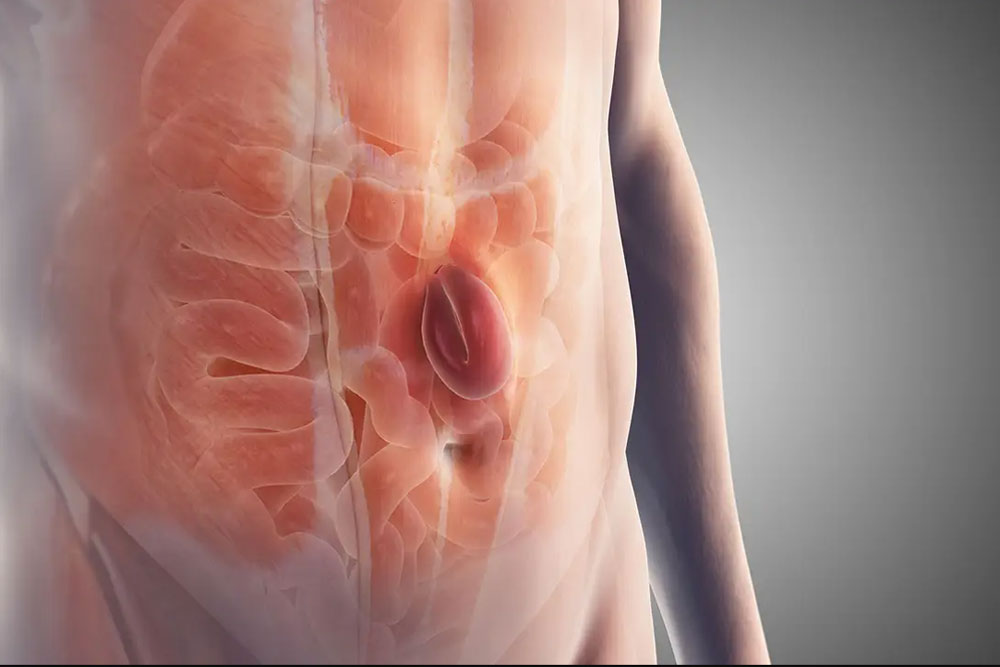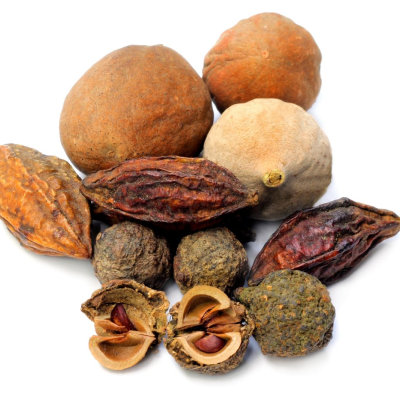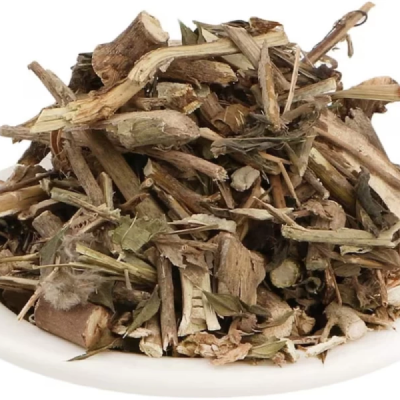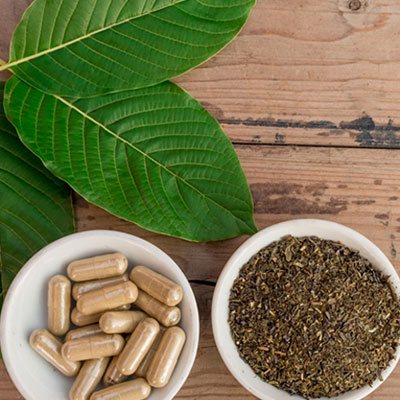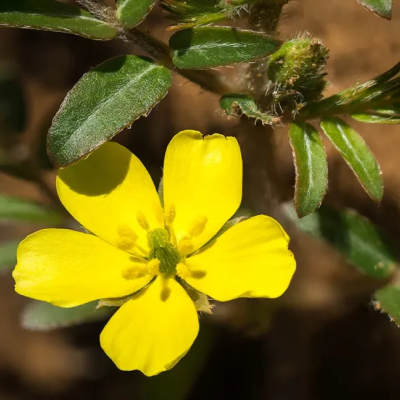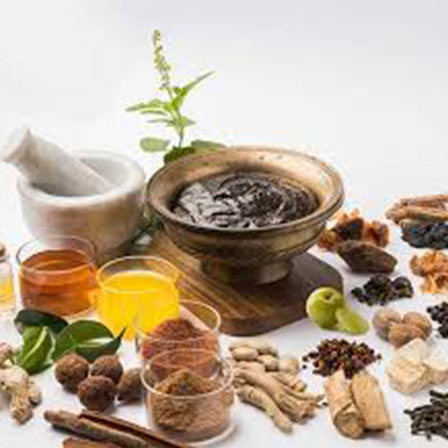A hernia occurs when an organ or tissue pushes through a weak spot or opening in the surrounding muscle or connective tissue (fascia). It can develop in various parts of the body, most commonly in the abdominal wall.
Types of Hernia
1. Inguinal Hernia:
- Occurs when tissue (usually intestine) protrudes through a weak spot in the lower abdominal wall or groin.
- Common in men.
2. Femoral Hernia
- Occurs in the upper thigh, near the groin.
- More common in women.
3. Umbilical Hernia
- Occurs when the intestine pushes through the abdominal wall near the navel.
- Common in infants but can also occur in adults.
4. Hiatal Hernia
- Part of the stomach pushes up into the chest cavity through an opening in the diaphragm.
5. Incisional Hernia
- Occurs through a scar from a previous abdominal surgery.
6. Epigastric Hernia
- Tissue protrudes through the abdominal wall between the navel and the chest.
7. Spigelian Hernia
- Rare and occurs along the edge of the rectus abdominis muscle.
Signs and Symptoms of Hernia
- Visible Bulge: A noticeable lump in the affected area, especially when standing or straining.
- Pain or Discomfort: Often aggravated by lifting, coughing, or bending.
- Heaviness or Pressure: A feeling of heaviness in the abdomen or groin.
- Burning or Aching Sensation: Around the bulge.
- Nausea and Vomiting: Common in hiatal hernia or when the hernia becomes strangulated.
According to Ayurveda, a hernia is correlated with Antra Vriddhi or, depending on its location. It is primarily caused by an imbalance in Vata dosha, which leads to weakness in the abdominal muscles and pressure build-up.
Aggravated Vata disrupts normal functioning, weakens the abdominal muscles, and pushes organs through weakened spots in the abdominal wall.
Complications of Hernia
1. Strangulation:
Blood supply to the herniated tissue is cut off, leading to tissue death this leading to a Medical emergency.
2. Obstruction:
- Blockage of the intestine in the hernia.
- Causes severe pain, nausea, and vomiting.
3. Infection:
- If the hernia becomes strangulated, it can lead to infection or sepsis.
Ayurvedic management of Hernia
Panchakarma Therapies
1. Abhyanga (Oil Massage):
- Regular massage with warm Mahanarayan Oil to strengthen muscles.
2. Basti (Medicated Enema):
- Helps reduce Vata imbalance and abdominal pressure.
Dietary and Lifestyle Recommendations
1. Diet:
- Include: Fibre-rich foods (whole grains, vegetables), buttermilk, and ghee.
- Avoid: Spicy, fried, and heavy-to-digest foods.
2. Lifestyle:
- Avoid heavy lifting and strenuous activities.
- Practice yoga poses like Pavanamuktasana (Wind-relieving pose) and Dhanurasana (Bow pose).
Ayurvedic Remedies for Hernia
1. Triphala Churna
Improves digestion and relieves constipation.
Dosage: 1 tsp with warm water before bedtime.
2. Ashwagandha (Withania somnifera)
Strengthens muscles and reduces Vata imbalance.
Dosage: 1-2 grams of powder with milk twice daily.
3. Dashmoolarishta
Reduces abdominal discomfort and balances Vata.
Dosage: 10-15 ml with water after meals.
4. Hingvashtak Churna
Relieves bloating and abdominal pressure.
Dosage: 1 tsp with warm water before meals.
5. Gokshura (Tribulus terrestris)
Supports urinary and abdominal health.
Dosage: 1-2 grams of powder daily.
6. Chitrakadi Vati
Enhances digestion and reduces Ama.
Dosage: 1-2 tablets after meals.
Hernias require a multi-faceted approach for effective management. While Ayurveda offers remedies to strengthen the muscles, improve digestion, and balance Vata, severe cases may require surgical intervention. Always consult a healthcare provider for diagnosis and treatment.


